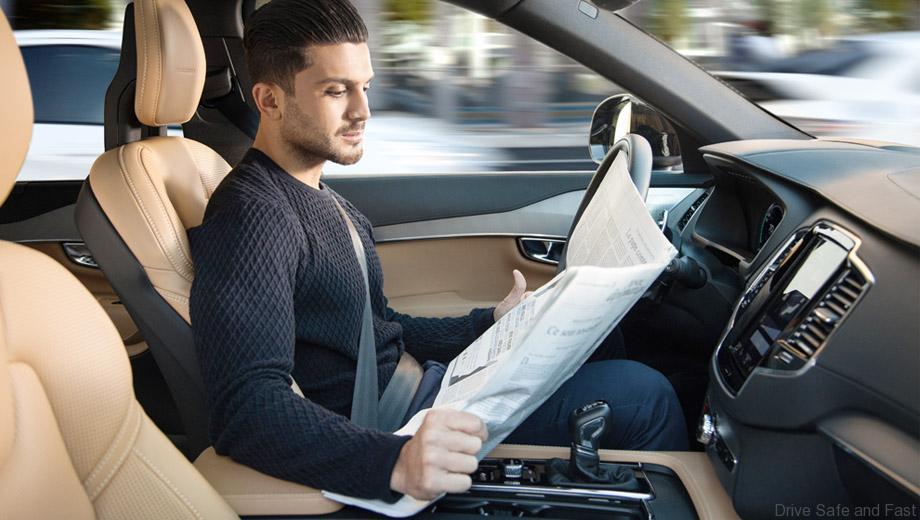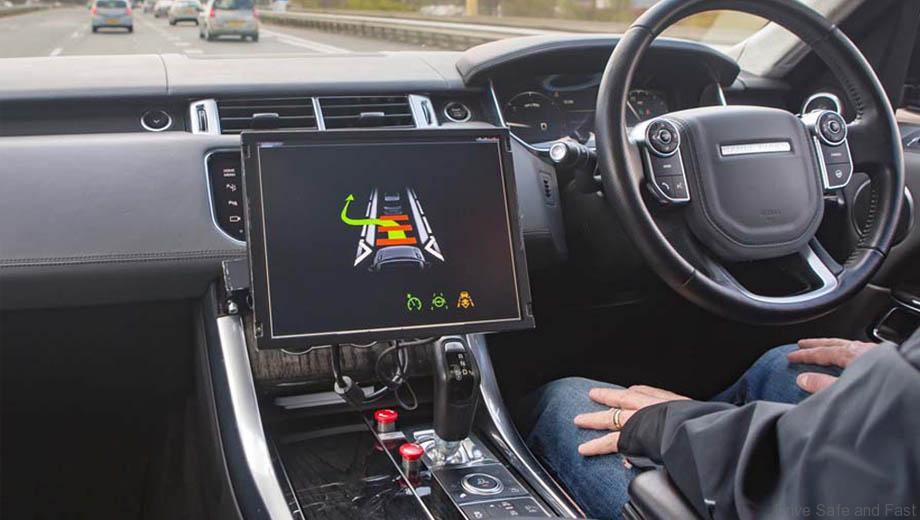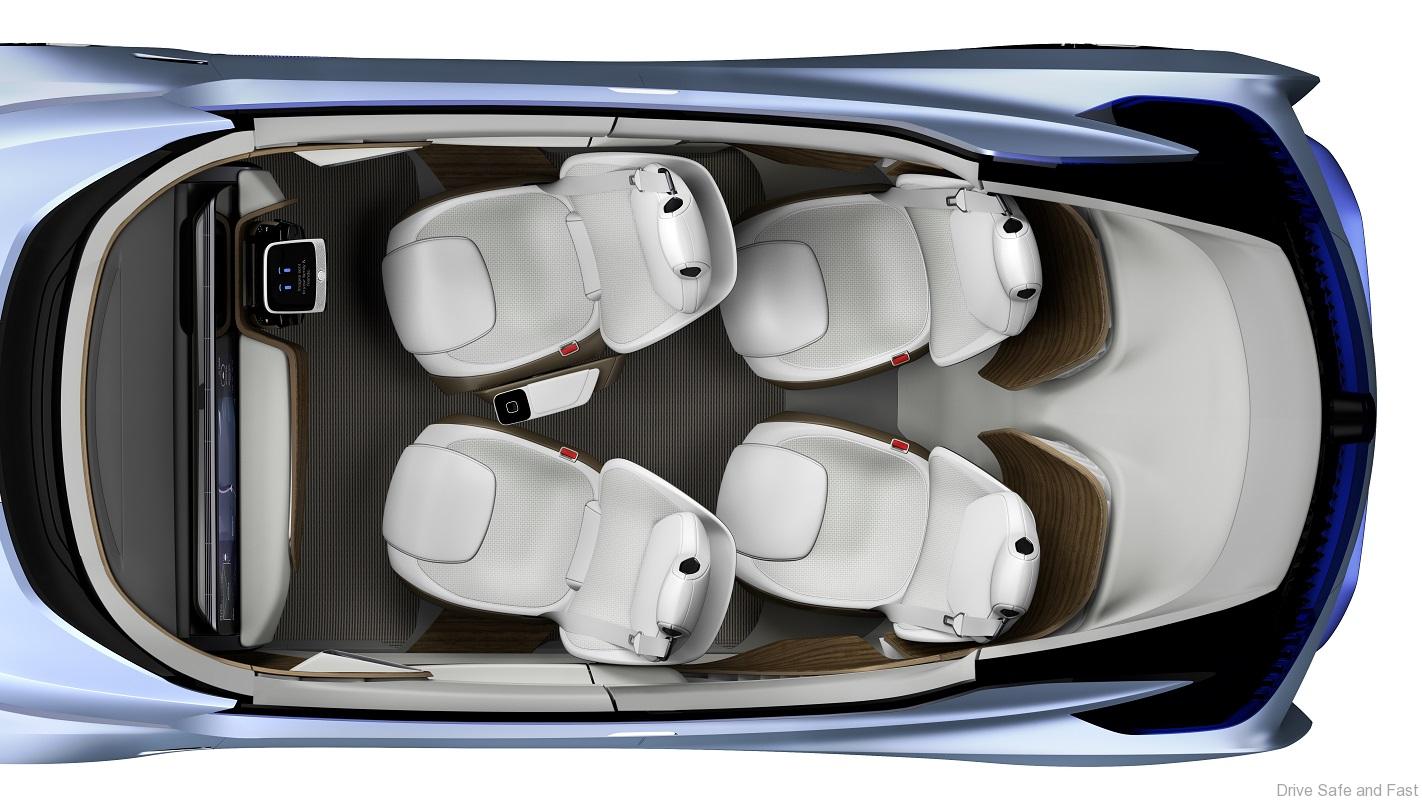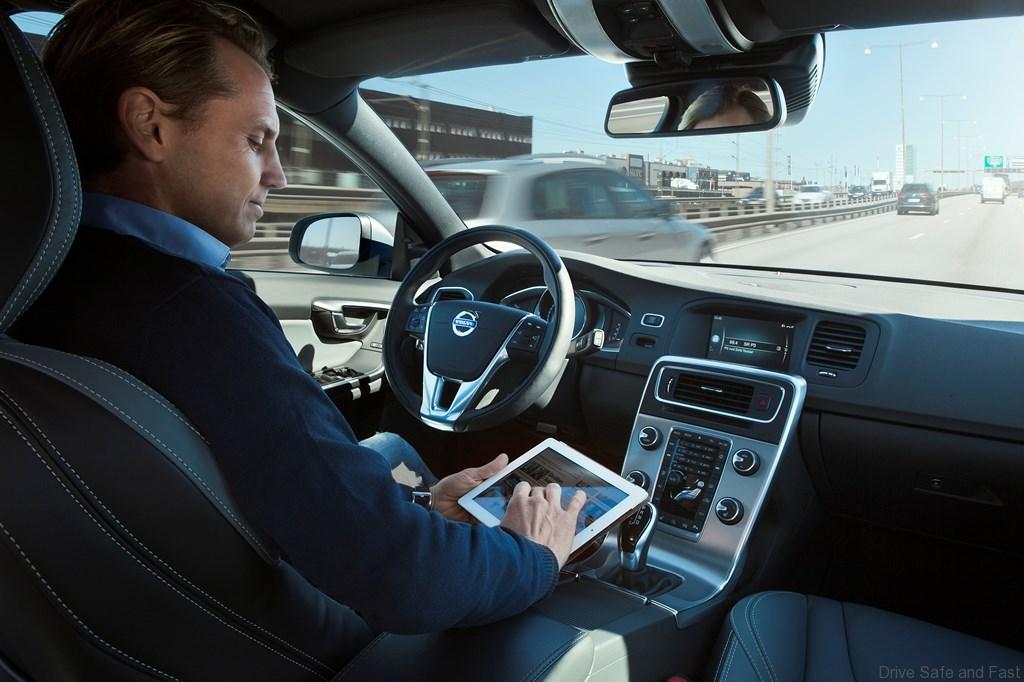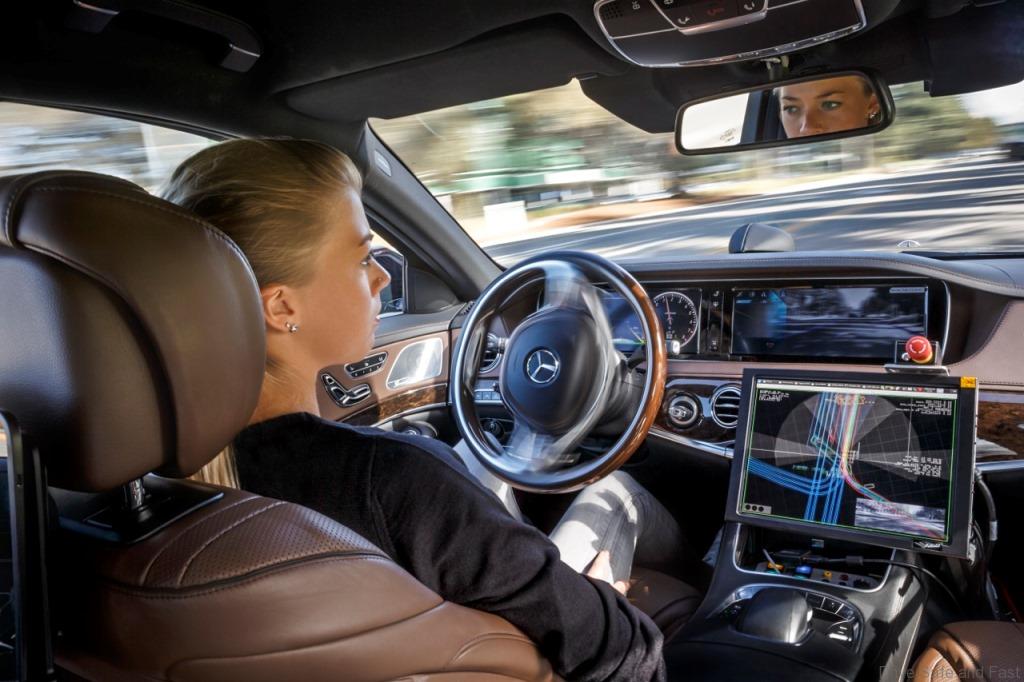As the ‘games’ continue to see who will be first with a complete self driving vehicle, billions of dollars is being spent globally by the game players.
Traditional automakers face a daunting task taking on tech giants such as Alphabet and Apple, who have deeper pockets and generate much more cash to fund the development of driverless cars. Car companies ranging from General Motors Co. to Daimler and Volvo are promising to have fully-loaded self-driving vehicles on the road within four years. The companies are all racing to be first so they can set the standard for autonomous automobiles much like Tesla has established itself as the premier name in electric cars.
Those who lose out won’t die off, especially the established car companies, Hoffecker said. But they’ll be racing to catch up in self-driving technology after having invested a lot of cash in the race to be first and likely will have to buy technology from the winners, he said.
“Whoever can get to autonomous first,” Hoffecker said, “will have a major advantage.”
Last year alone, 195 partnerships were formed to create autonomous, connected, shared and electric vehicles, Hoffecker said. More than 200 players have come from outside the auto industry to get in the game, many from Silicon Valley.
Projecting autonomous-vehicle winners now is nearly impossible, AlixPartners argues, because so much will change over the next eight years as self-driving cars arrive and EVs become more prevalent. By 2025, the cost to produce a self-driving car will drop 78 percent and battery-powered vehicles will achieve price parity with the traditional internal combustion engine, the consultant estimated.






